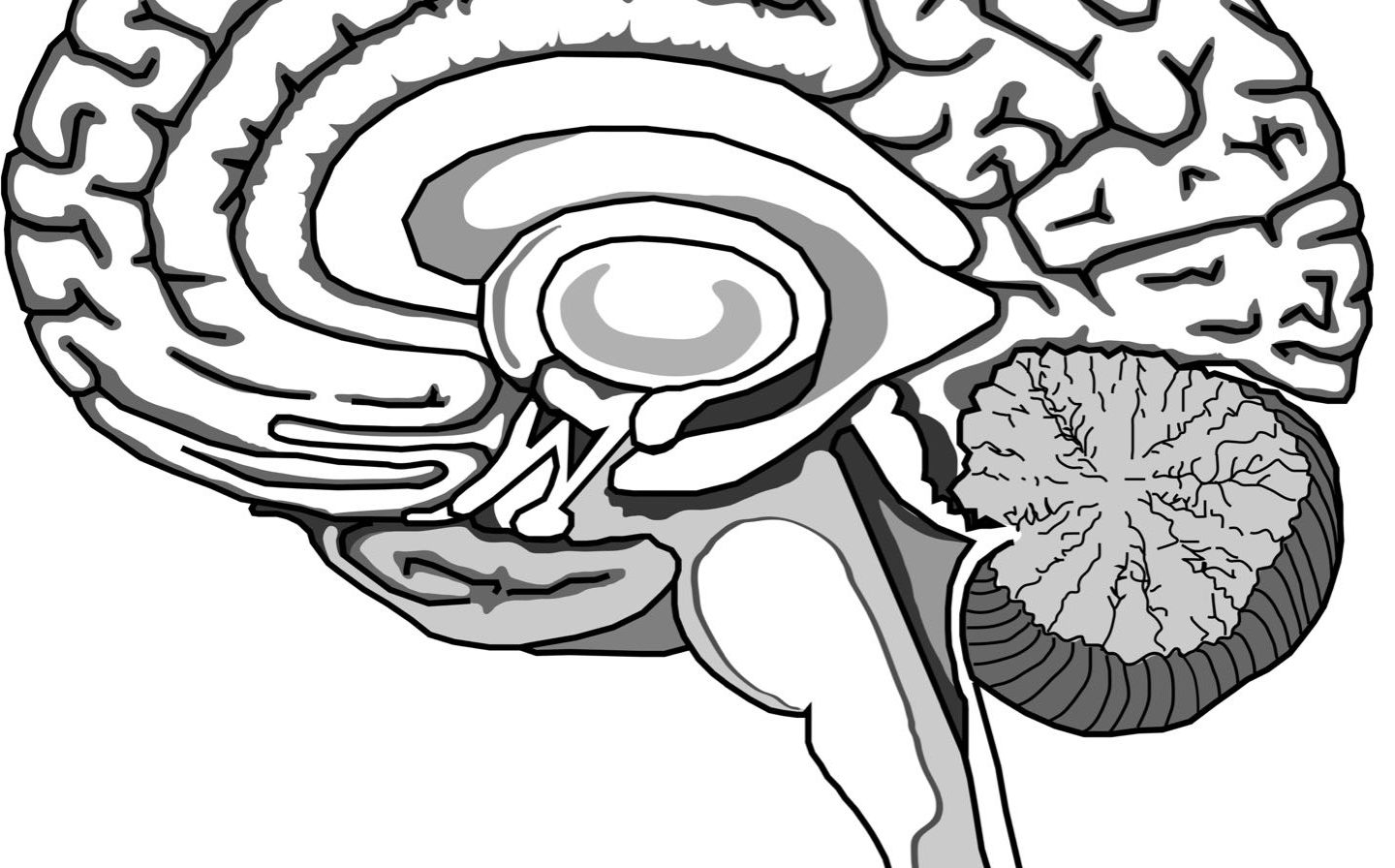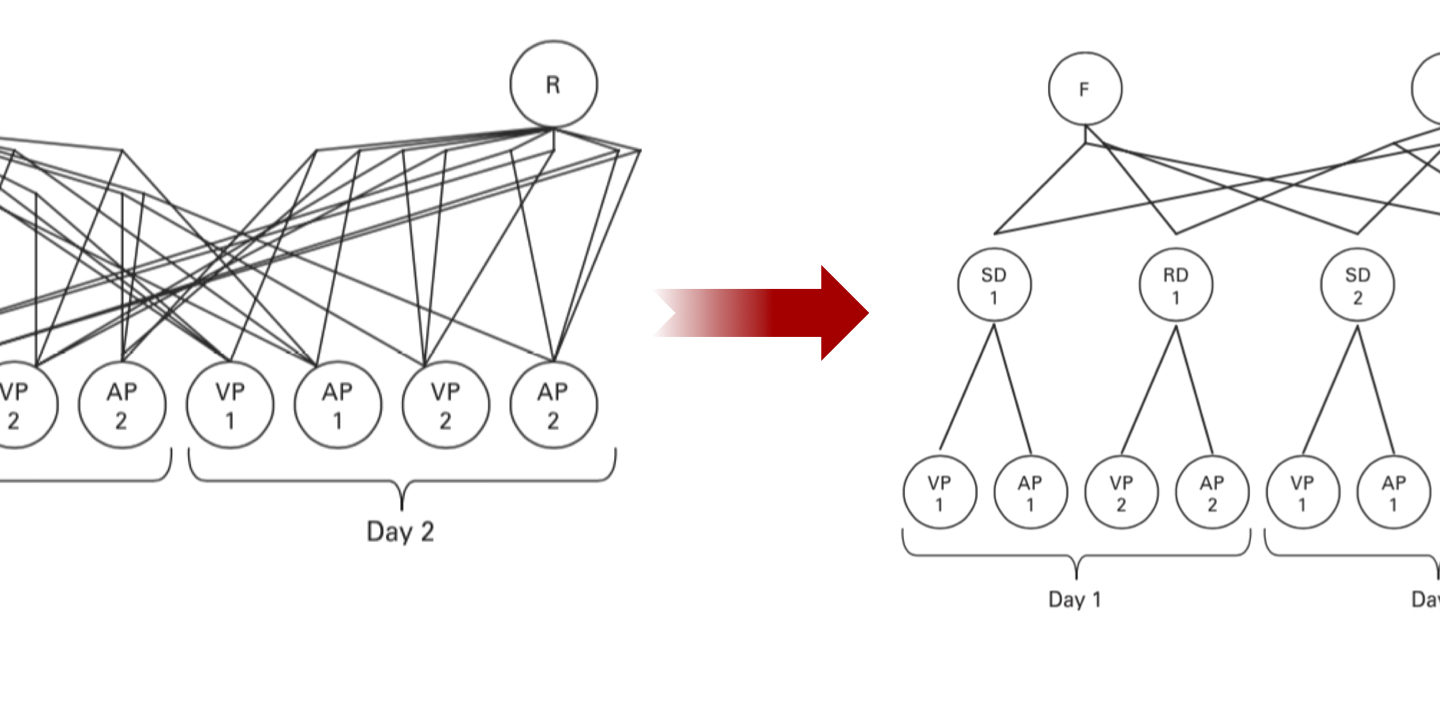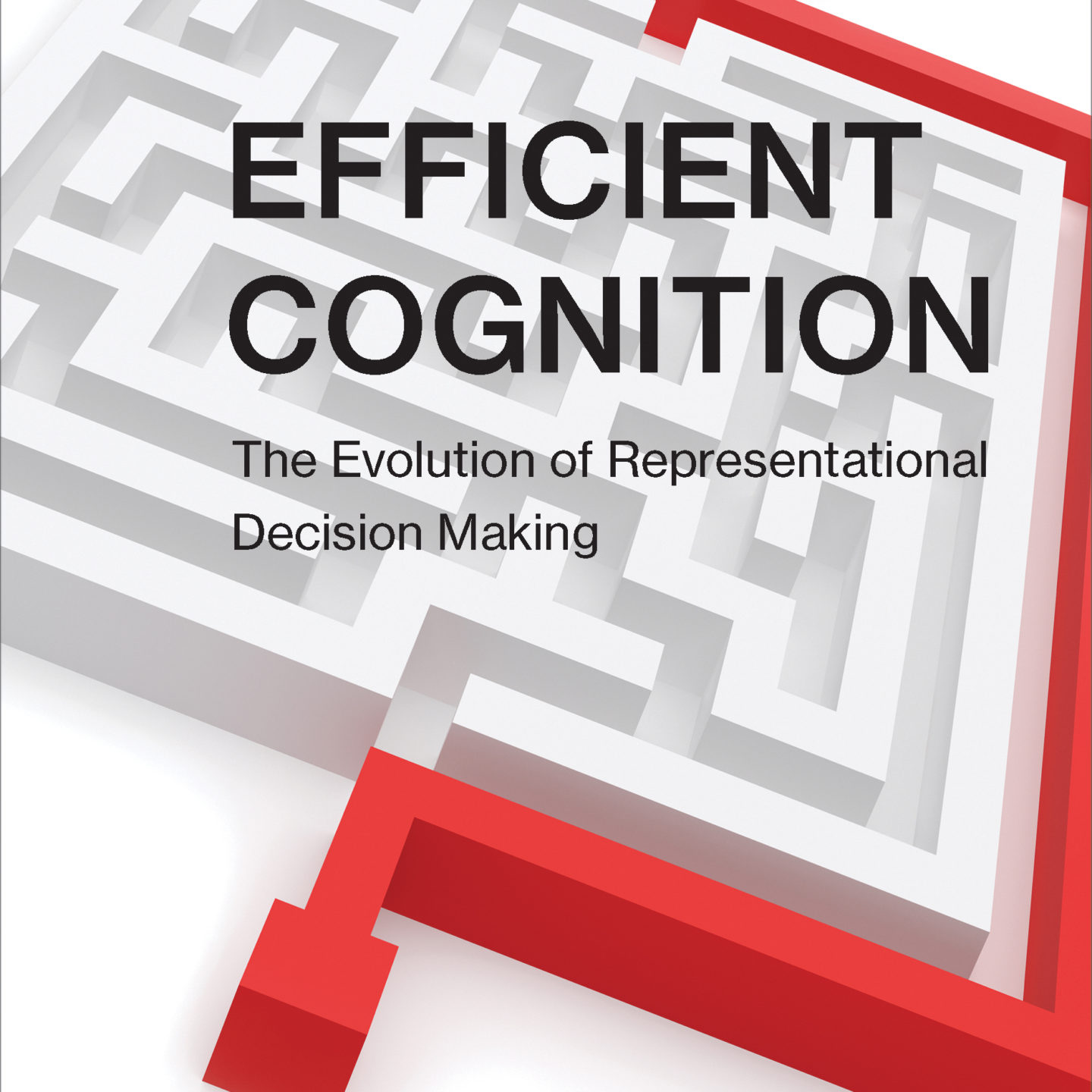1. The Virtues and Vices of Spontaneity
To avoid becoming a victim of violent assault, people are often coached to trust their gut feelings. “Trust your INSTINCTS,” the University of Oklahoma Police Department says, “believe your inner feelings when you get uncomfortable about a person or situation. Respond as soon as you feel uncomfortable!”[1] Gavin De Becker, …






